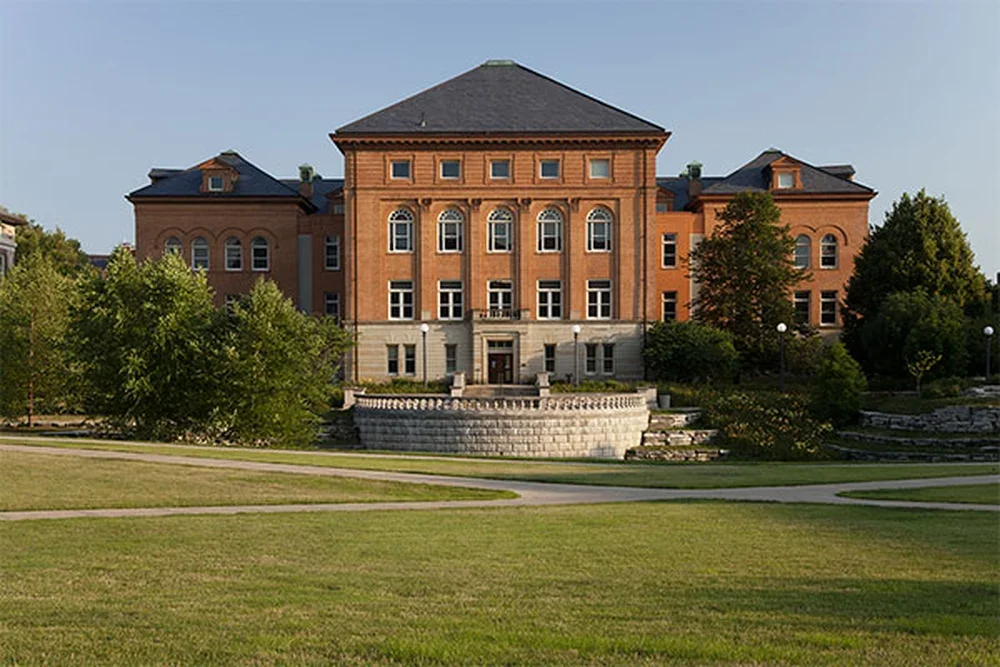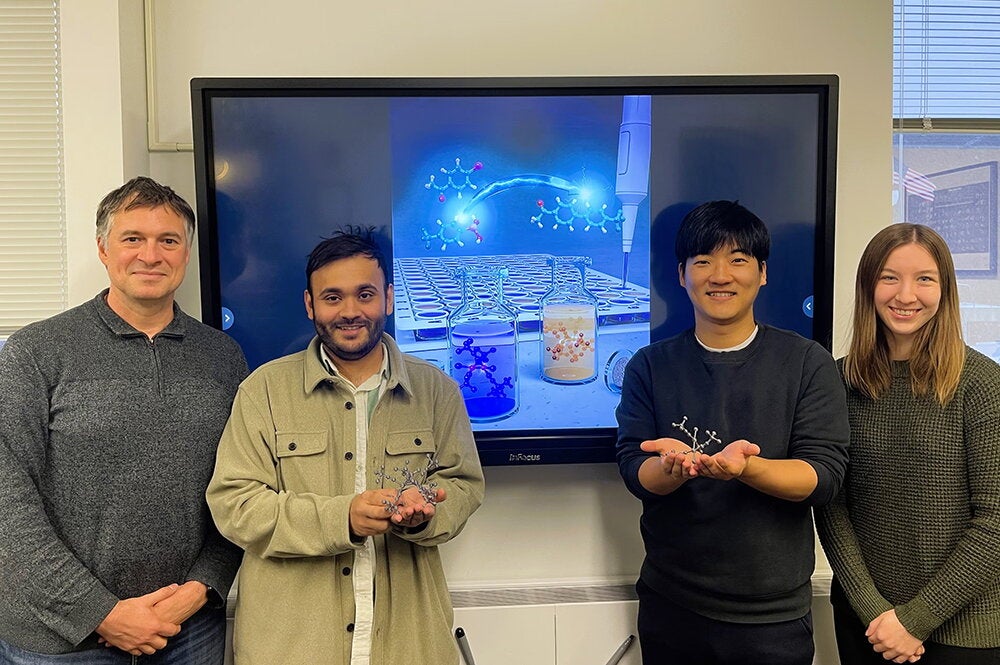
Peter Beak, the Roger Adams Professor of Chemistry in LAS, has been elected to the National Academy of Sciences, one of the highest honors accorded a U.S. scientist or engineer. He joins 71 other new members, in recognition of their distinguished and continuing achievements in original research.
Since joining the Department of Chemistry in 1961, Beak has become a world-renowned leader in the fields of physical organic chemistry and organic synthesis. He is known both as a pioneer and as a model professor who maintains the highest standards of scientific an ethical practice, bringing creativity, intelligence, and practicality to his work.
His accomplishments include changing the way scientists understand chemical equilibrium, one of the most important concepts in chemistry. He has answered long-standing questions about the geometry of organic reactions at atoms such as oxygen, nitrogen, phosphorus, sulfur, and bromine. He also made key discoveries in the chemistry of carbanions, organic compounds in which one carbon center carries a negative electric charge. His work opened the way for new strategies for synthesizing organic compounds, which are now widely used in pharmaceutical and academic research laboratories. Some of his current research interests are in synthetic, structural, and mechanistic organic chemistry; and new reaction processes.
Beak is no stranger to honors and awards. Among is other accomplishments are an Alfred P. Sloan Fellowship from the Sloan Foundation, a Guggenheim Fellowship, the Mosher Award of the Santa Clara Valley Section of the American Chemical Society, the Henry Gilman Award of Iowa State University, and the Paul G. Gassman distinguished Service Award of the American Chemical Society. He has been named an Arthur C. Cope Scholar by the American Chemical Society, and is a fellow of the American Association for the Advancement of Science.


